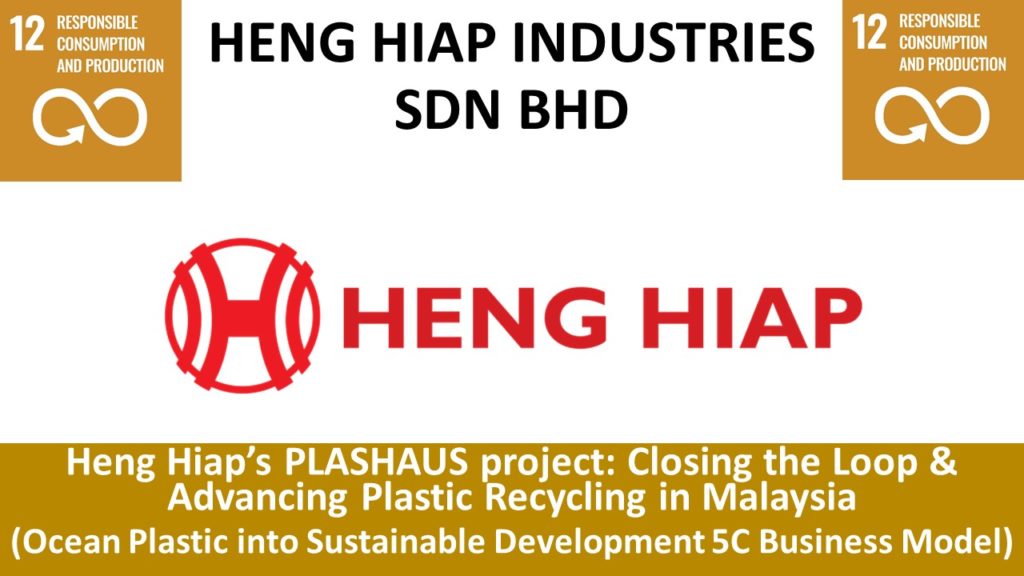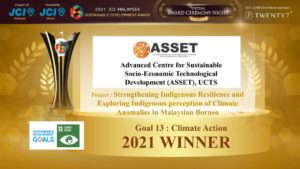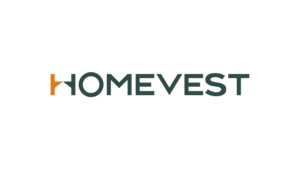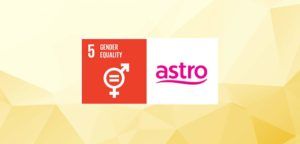Heng Hiap Industries (HHI), an advanced recycled plastic manufacturer in Malaysia. PLASHAUS is HHI’s in-house ocean plastic brand that was created in 23rd May 2017 as a result of successful innovations and collaborations with their partners and co-creators. PLASHAUS is a key example of a circular economy innovation that converts Ocean Bound Plastic (OBP) to upcycled finished goods; creating fully sustainable, closed loop systems, where resources are re-used, recycled as part of its circular design and solutions.
HHI is now one of Malaysia’s top recycling companies with a large export market. One of the company’s ground-breaking innovations is transforming plastic scrap into ‘Smart Plastic’ products, which can be used in highly specialized niche applications by customising recycled plastic such as rPP and rHDPE pellets to ‘on spec material’, upcycling of Ocean Plastic and rPET products. Some of the unique features of HHI’s PLASHAUS ‘Smart Plastic’, are colour and properties customization, including fire retardant plastic, fast cycling, antibacterial properties and many more. HHI sought to differentiate itself from its competitors through three main growth strategies.
- I. Innovation and technology:
- Integration of the 10-step process of recycling allowed the company to achieve higher economies of scale and ensure a consistent quality throughout their processed batches.
- II. Targeted products:
- HHI observes that there are two product markets in plastic: The Survival Market vs. the Sustainability Market. In the Survival market, products compete on the basis of pricing. The cheaper, the higher the demand. In the Sustainability market, products can sell at a premium due to higher quality on-spec materials and in accordance with the sustainability criteria.
- HHI is mainly chooses to create market opportunities in the Sustainability Market, it rewards innovations and focuses on the provision of more circular, ethical and high-quality products made from 100% Ocean Plastic or PLASHAUS’ customized resins.
- III. Activating the circular value chain through 5Cs- Collect, Convert, Co-Create, Champion and the Conscientious Consumers: The company, being a specialist in the collection and conversion of plastic scrap, is able to contribute expertise and quality inputs to a collaborative arrangement to mitigate plastic pollution and to close the plastic loop.
In summary, customized recycled plastic products succeed when there are synergistic needs and constructive dialogues. The ultimate goal is to “Co Create” products which are both commercially viable
and have strong environmental co-benefits in diverting plastic waste from landfill and grown the pool of conscientious consumers to shift towards supporting the Sustainability Market.
PROJECT RESULT
Each year 60,000 tons of waste plastic is taken out of the environment, preventing it from adding to landfills, water ways and the oceans.
Growing market opportunities: Conscientious Consumerism
The trend of rejection of plastic by consumers stems from a narrative of plastic being a flawed material in a broken recycling system, leading to environmental pollution and contribution to carbon emissions. Consumers’ appetite for plastic has gradually weakened with disposables vilified, and plastic-free alternatives vying for consumers’ attention.
The COVID-19 pandemic however has reintroduced and normalised the public sentiment that plastic is disposable, instead of a resource to be recovered back into the production cycle. The response to this pandemic has increased plastic waste, driven by increased ‘throwaway’ habits, a situation further aggravated with temporary suspensions of recycling collection, temporary discontinuation of reusable and refill programs and no available facilities to handle widespread public use of plastic protective equipment (“PPE”) and other types of plastic not commonly accepted for recycling.
Despite the setback, conscientious consumers are a growing segment that supports the transition towards circular products. A recent survey by ING records that more than 60% of consumers are deterred from purchases by companies that are not aligned with environmental sustainability goals. Almost 50% of consumers are willing to pay higher prices for products that are assured to be made in environmentally-friendly ways. Conscientious consumers and HHI share similar objectives to remove plastic from the waste stream and environment, and when aligned creates positive growth in the demand for recycled plastic.
Stakeholders in this segment may benefit from proactively encouraging conscientious consumerism by directly engaging consumers and communities, to:
- Create higher quality supply of plastic scrap
- Increase recycling rates by connecting directly to consumers
- Increase market share of recycled plastic
WHAT IMPACT HAS THIS PROJECT CREATED IN THE COMMUNITY/ NATION?
As a licensed manufacturing facility with a network of international business customers, HHI has generated hundreds of million ringgit worth of business value both locally and internationally. While the recycling rate at the household level might still be low due to various factors, HHI are leveraging the power of commerce to mobilise the informal recycling community in becoming an efficient and effective supply chain to collect, process and ultimately recycle over a thousand tonnes of waste plastic, preventing environmental pollution and wildlife endangerment.
Formalizing the informal sector: 18 years collaboration
The informal sector plays a prominent role in the recycling value chain in many developing countries. Part of HHI’s competitive advantage is working with about 28,000 reclaimers and collectors across the value chain. Many of these players, ranging from individuals that collect scrap from streets to small enterprises aggregating plastic scrap, are part of the company’s ‘pyramid’ structure. Over the years, the
company built trust with these informal sector workers that became reliable suppliers of high-quality waste.
HOW WAS THIS PROJECT HELP TO ADVANCE THE CHOSEN SDG?
The chosen SDG is (12) – Ensure Sustainable Consumption and Production Patterns.
HHi’s successful business model shows that recycling is a viable business that can create wealth for the entrepreneur but also distribute wealth via the network of waste collectors who turn waste into value through their handiwork.
In our contact with FMCG companies we also provide advice on how packaging can be designed better to make recycling of the packaging material easy, which can directly increase the amount of plastic waste being recycled (as sorting and cleaning are key parts of the recycling process).
There is also frequent engagement with related industry associations, business community and government agencies on how the recycling landscape can be improved overtime. HHI was a major contributor to many research papers by regional research organisations as well as white papers produced by local associations on the recycling industry.
THE TAGLINE FOR UNITED NATIONS SUSTAINABLE DEVELOPMENT GOALS (UNSDGs) IS “LEAVING NO ONE BEHIND.” PLEASE EXPLAIN HOW YOUR PROJECT HELPS TO REALIZE THE COMMITMENT OF UNSDGS FOR THE FUTURE. HIGHLIGHT ANY OTHER SDG(s) THAT YOUR PROJECT HAS DIRECTLY OR INDIRECTLY CREATED POSITIVE IMPACT TO PEOPLE AND SOCIETY
The recycling industry is the industry of the future. By taking up recycling as a viable, profitable activity, businesses like HHI are reducing the footprint on waste on our planet, reduces the amount of CO2 emission, creating wealth by the trading activity and employment that the business creates. HHI also distributes wealth by creating value for all the vendors (estimated at 28,000 individuals and companies) who supply raw material (collected waste material) by buying from them, creating employment and financial reward as a result.
Way Forward: Digitalising Value Chains to Enhance Traceability & Transparency
In creating the PLASHAUS Ocean Plastic (OP) brand, HHI has created a traceability programme which essentially allows users of the PLASHAUS OP to trace the source of the plastic. This programme allows any third party to verify that PLASHAUS OP is recycled from waste plastic that is found in the vicinity of marine and riverine environments.
This project is also related to SDG 14 and SDG 17 which is related to ocean bound which will create the impact of life below water and partnership for the goals directly and indirectly.
Marine Litter and Ocean Bound Plastic
The plastic industry is one of the fastest growing industries globally, annual production of plastic increased by nearly 200-fold between 1950 and 2015. In recent years, however, the plastic as well as the petrochemical industry have experienced significant backlash in light of climate change and severe ocean plastic pollution.
Relative to virgin plastic, recycled plastic is less carbon intensive. Life cycle analysis of using recycling plastic in substitution of virgin plastic exhibit a reduction of greenhouse gas emissions by 20-50%.
In a nutshell, this project is sustainable and leaving no one behind because of its uniqueness of business model:
- ● Integration for Efficiency: HHI addressed their existing weaknesses by integrating their traditionally fragmented 10-step recycling process into a single value chain process which was able to increase productivity, efficiency and quality.
- ● Implementing the ‘ABC’ pillars of action to motivate staff: HHI’s strategic approach to implement circular economy within their value chain was to inculcate Agile Activism, Business Breakthroughs and Create Change as part of the organisation’s culture.
- ● Customizing ‘Smart Plastic’: HHI’s 5Cs framework – Collect, Convert, Co-Create, Champion & Conscientious Consumer is an internal framework applied to drive key innovation & business breakthroughs that contributed to their key successes in closing the loop in relation to smart plastic management as a circular recycler.
- ● Activating supply by informal sector empowerment: The company has built a network of 28,000 reclaimers and collectors where reliable supply of plastic contributes to increasing recycling rates.
- ● Growing conscientious consumerism and creating market opportunities: HHI collaborates with schools & youth groups on educational programmes on the importance of being a conscientious consumer. HHI also exports about 70% of its outputs to more than 33 countries to date (main markets are Southeast Asia, India, Japan and Australia).
- ● Management of intellectual property in a circular economy: To date, HHI has filed 1 trademark and has 17 patents pending in relation to technologies applied to process post-consumer resin into upcycled materials and alternative energy.
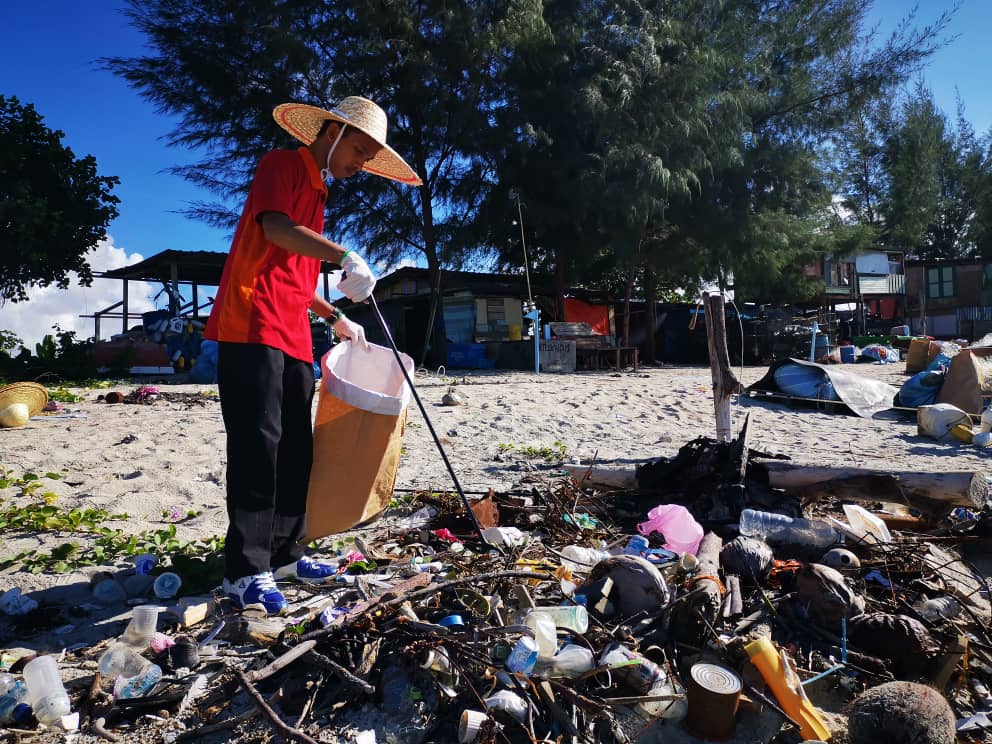
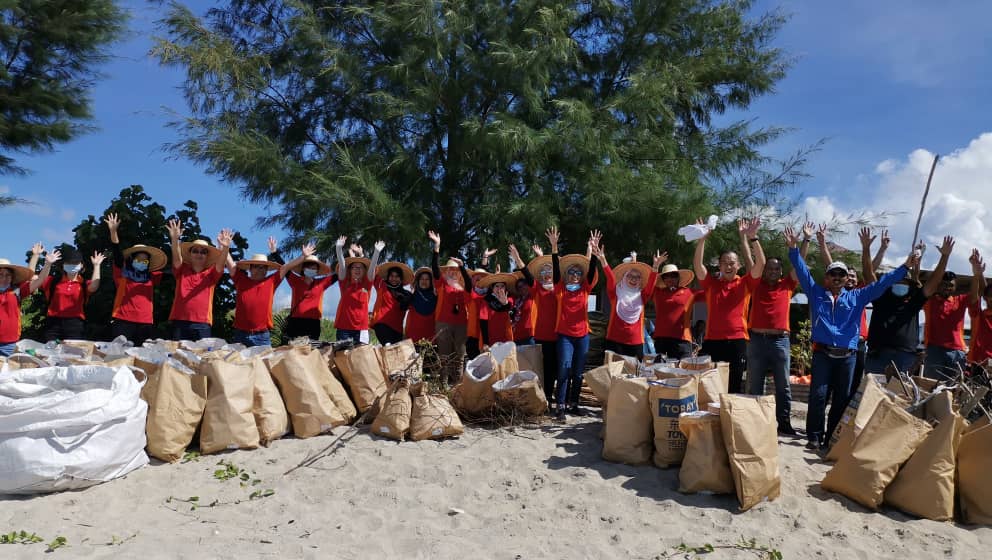
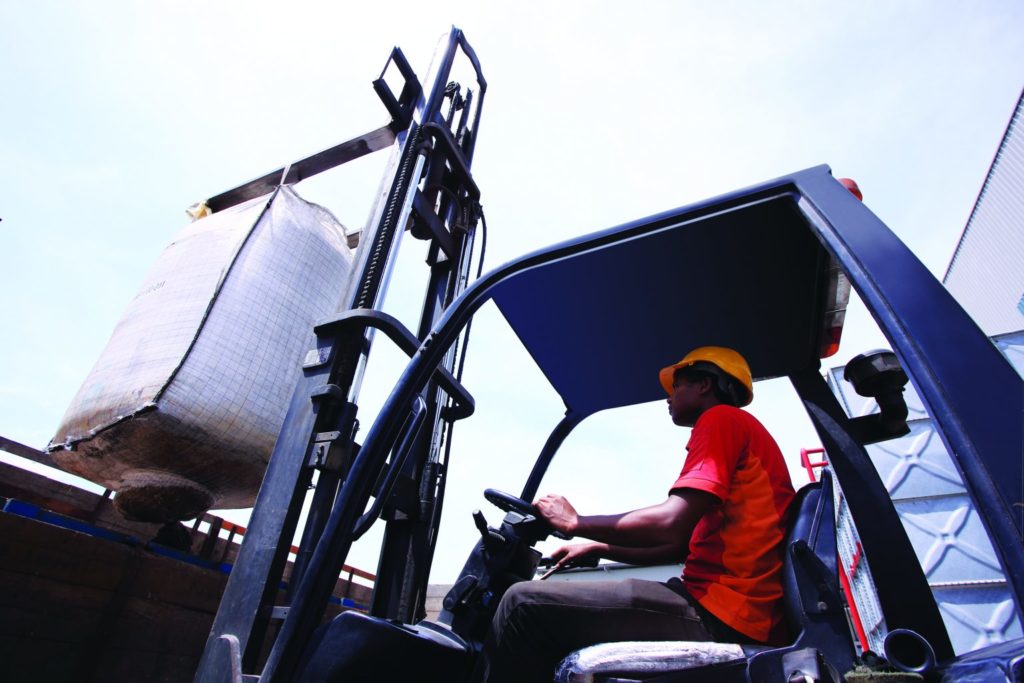
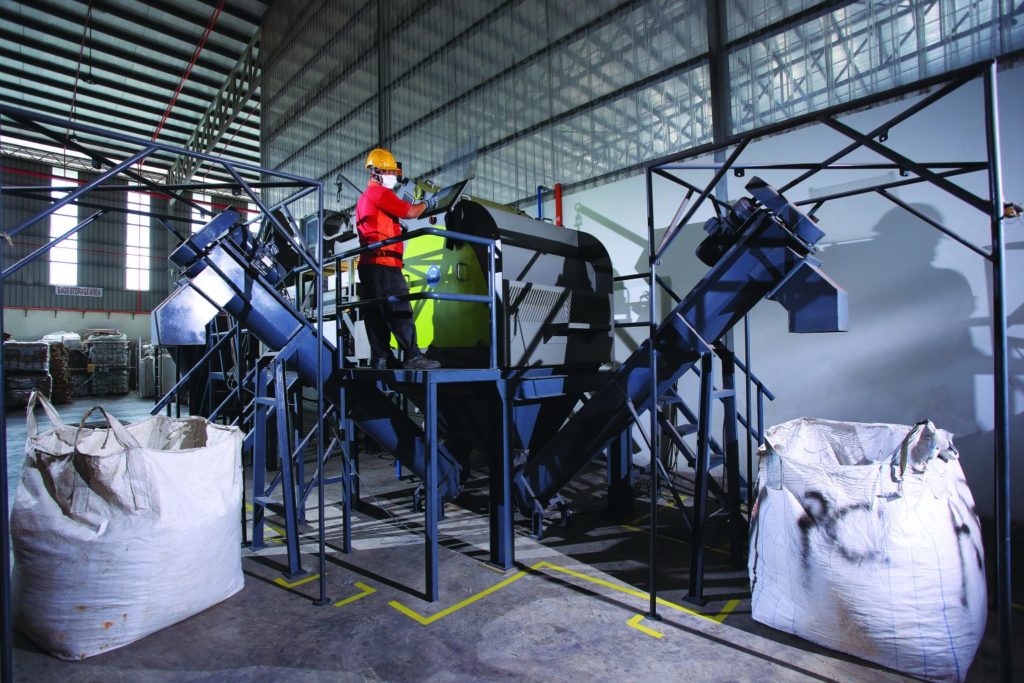
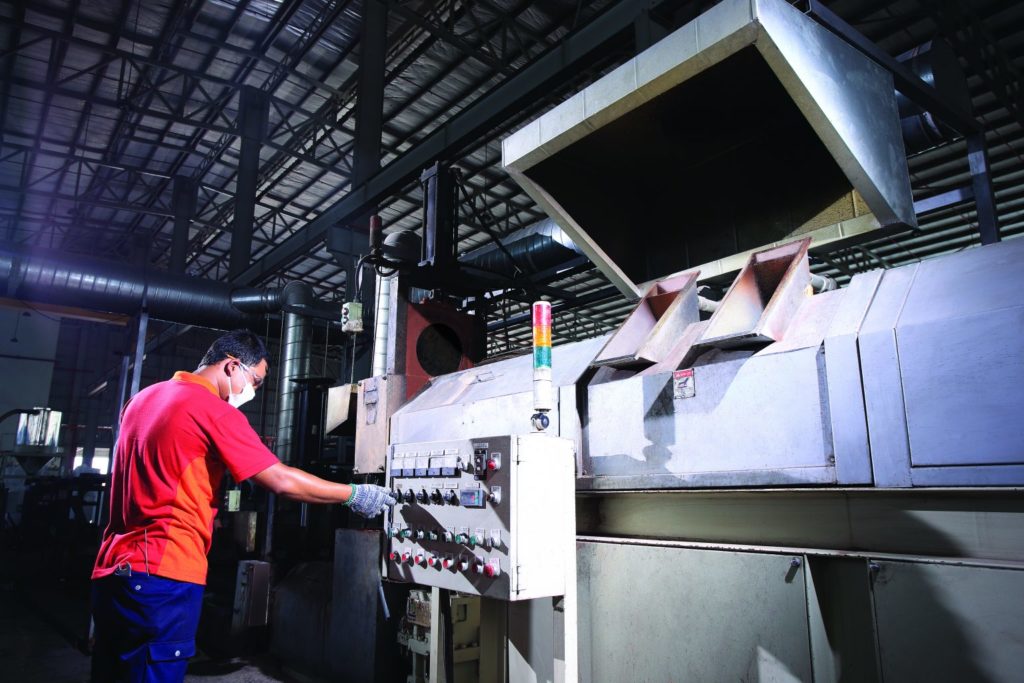
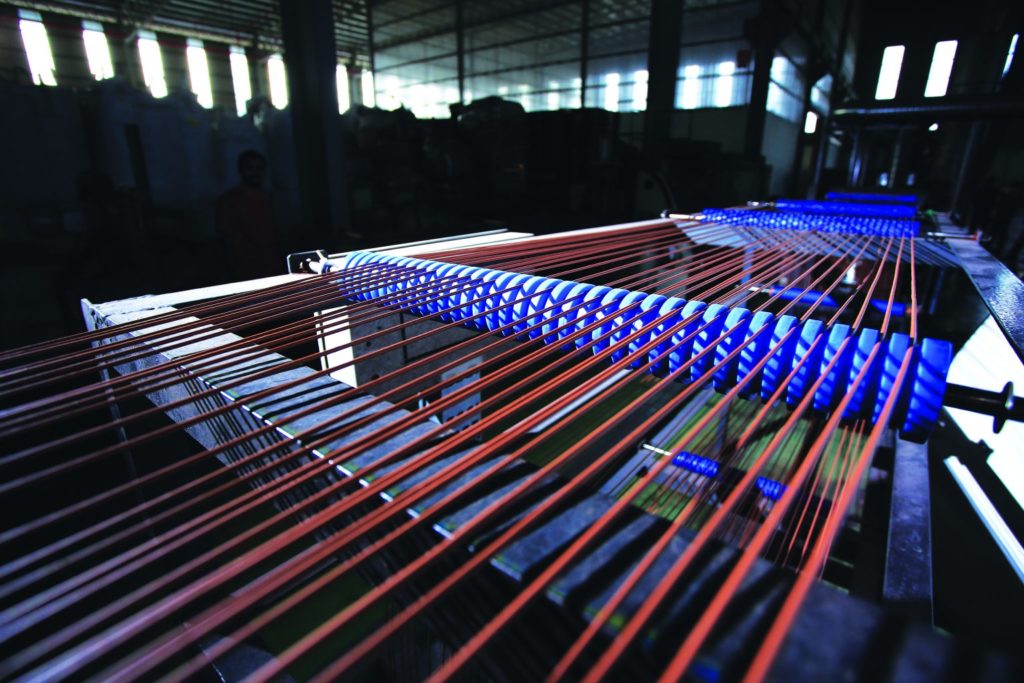
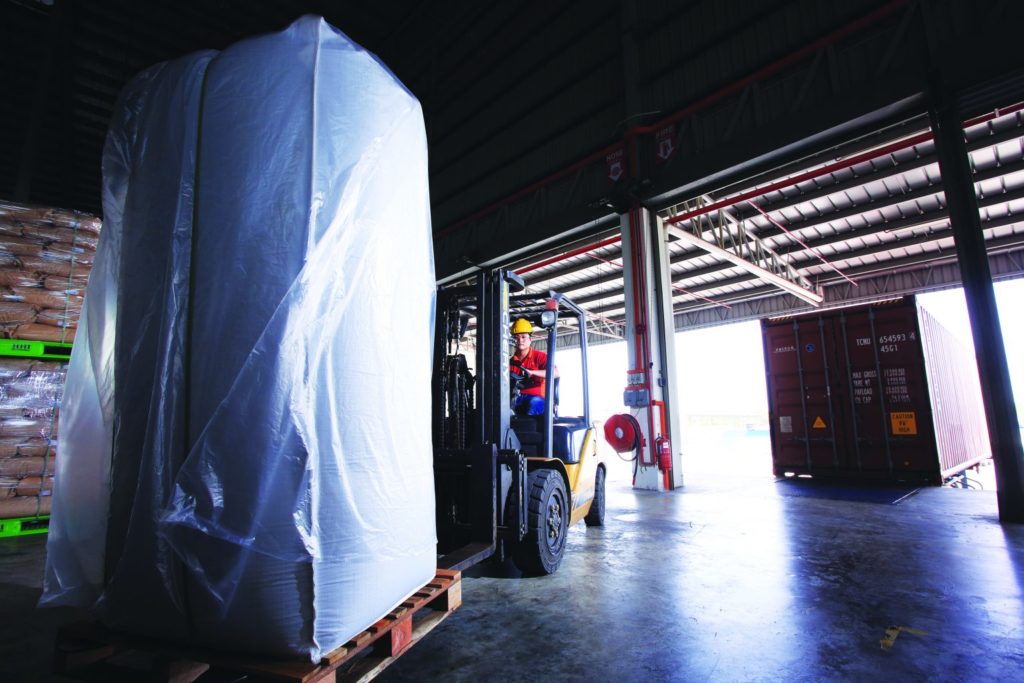
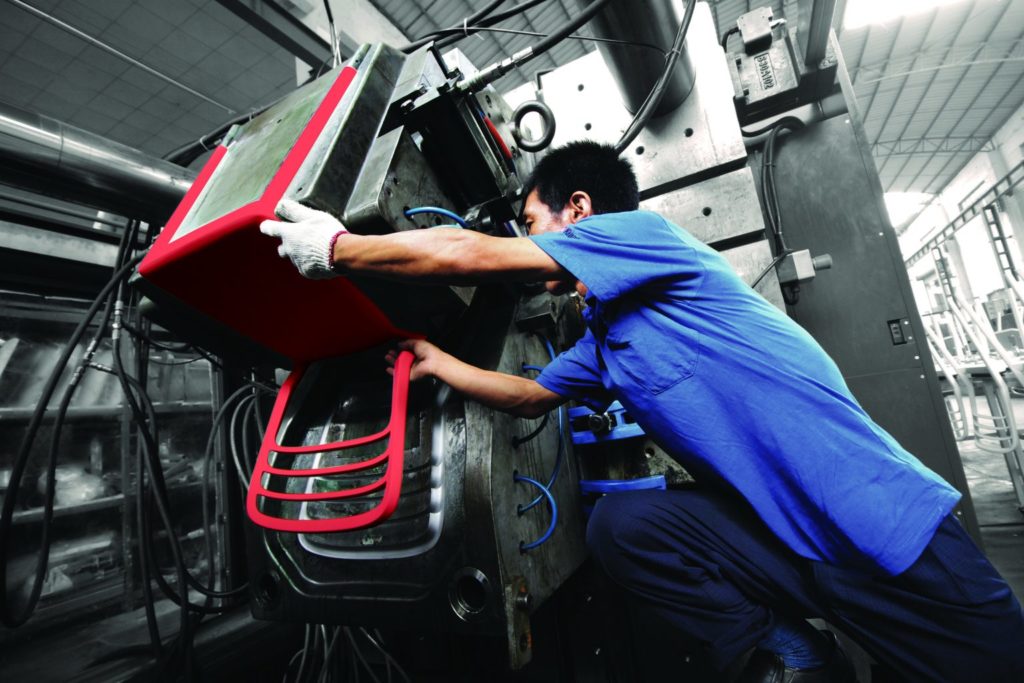
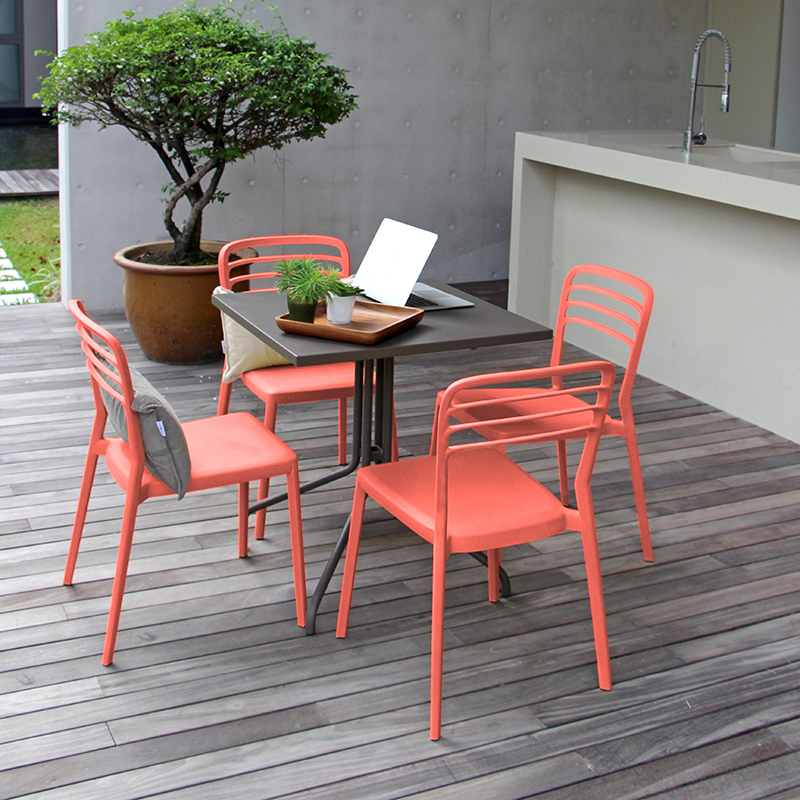
OFFICIAL WEBSITE: henghiap.com

